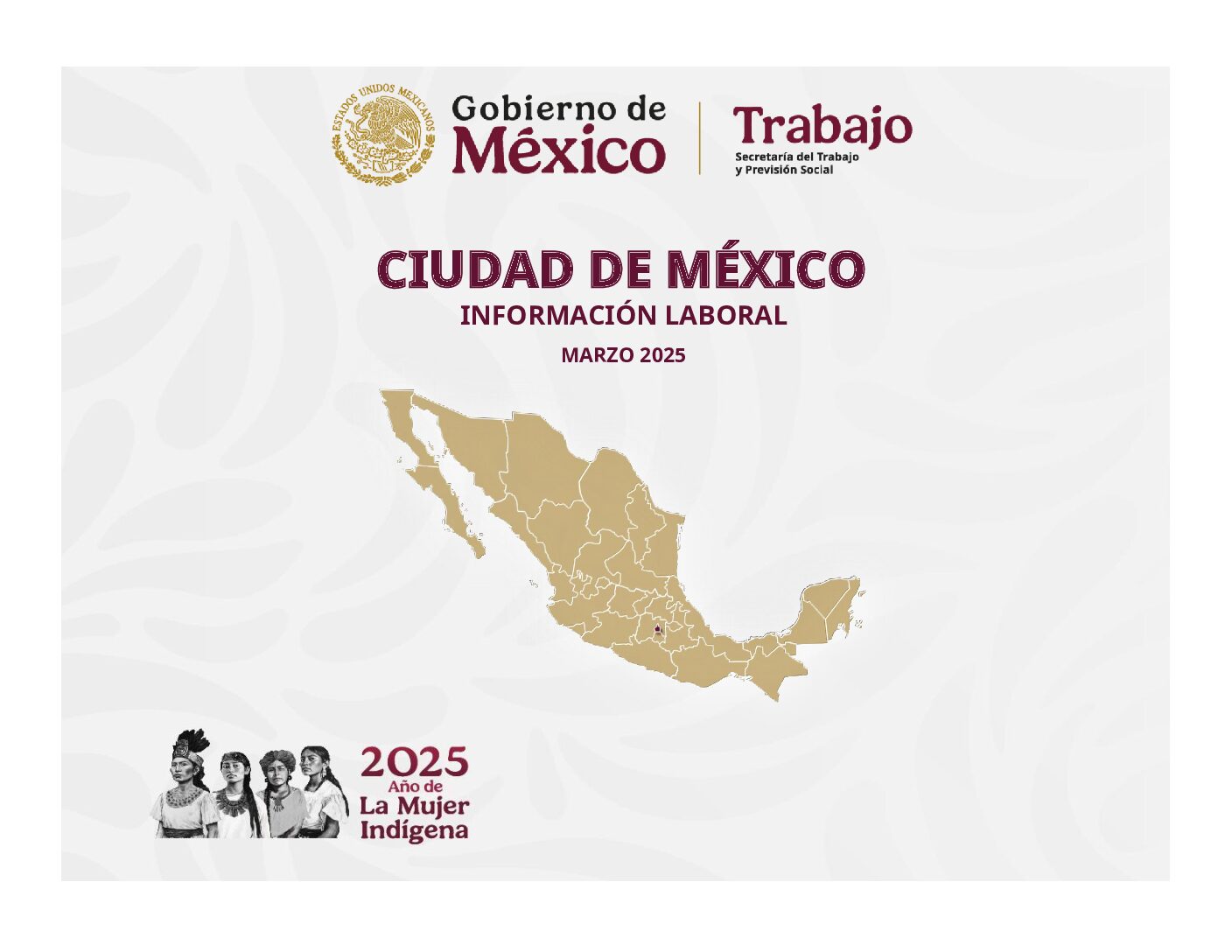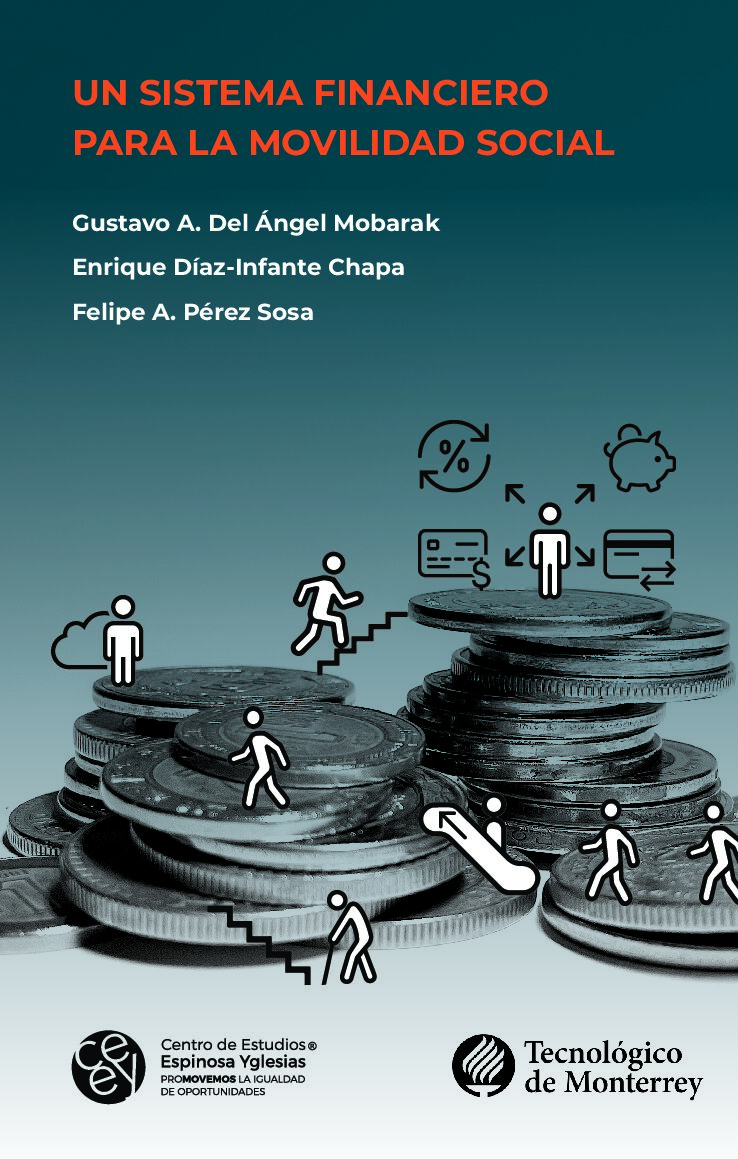Modelo De Pensiones Europeo: ¿Bismarck O Beveridge?
Por J. Ignacio Conde-Ruiz (Fedea y Universidad Complutense de Madrid) y Clara I. González (Banco de España)
El proceso de envejecimiento al que se enfrentan los países de la Unión Europea está llevando a que introduzcan reformas en sus sistemas públicos de pensiones. Una forma de interpretar estas reformas es pensar en ellas como cambios en el pacto intergeneracional para hacer sostenible en el tiempo el sistema. Además de la redistribución intergeneracional, los sistemas de pensiones de reparto permiten realizar la redistribución intrageneracional. Atendiendo a esta dimensión, se puede distinguir entre sistemas de reparto contributivos (o Bismarckianos) y sistemas asistenciales (o Beveridge). En este artículo se analiza el origen de estos sistemas y las diferencias existentes entre los sistemas de pensiones europeos según esta característica. En la parte final, reflexionamos sobre el futuro modelo de pensiones en la Unión Europea.
Fuente: FEDEA










